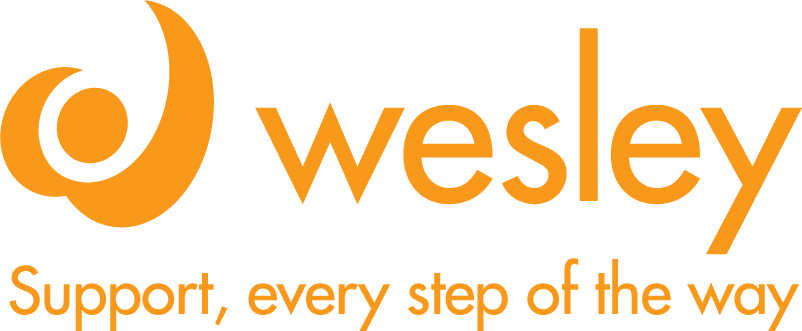Wesley
Forging a path to stability through decent work

At a time when many nonprofits face uncertain funding and regulatory futures, one organization has found stability through decent work. For Wesley, a Hamilton-based multi-services agency, that starts with treating staff as partners, providing opportunities for advancement and engagement.
“No one role is more important than another. You have to value every position,” says Daljit Garry, Wesley’s former executive director as she reflects back on her work with the organization.
Wesley supports people experiencing poverty or homelessness, offering children and family services, housing services, and newcomer and community services. More than 200 employees and 900 volunteers work to provide services to more than 10,000 clients. The organization has been a part of the community for more than 50 years, and was ranked as one of the top 100 charities in Canada by Charity Intelligence. It was also ranked one of Canada’s best charities for 2020 by Maclean’s.
That success rests on the input of Wesley’s staff, Garry says. She points to an internal “quality council,” established specifically for front-line staff to give feedback on and suggest policy changes for the organization. “You get to hear from them, and sometimes they say, ‘if you did this instead of that, you would make my life easier’.”
It’s a key part of a broader engagement strategy, engaging staff to deepen Wesley’s impact. “You need to listen to what staff are saying, be reciprocal, not one-sided, act on ideas, and be open to change,” Garry says. “Take ideas from staff at all levels. The whole culture at Wesley is about embracing these things.”
Garry says organizations big and small can take a range of approaches to providing decent work for their staff. The goal should be to build an environment that engages and supports employees. Some practices Wesley has taken on include:
- Developing a mental health work plan: This is particularly important in social service agencies, where front-line work can lead to “compassion fatigue.” Wesley, for instance, is looking to roll out Guarding Minds at Work (a free set of workplace mental health resources) for its employees.
- Providing benefits for part-time staff: Wesley employees who work 20 hours or more a week receive full benefits.
- Sick days: Wesely provides staff with 1.5 sick days per month.
- Personal days: Wesley offers employees one personal day a year outside of vacation time.
- Year-end bonuses/gifts: Wesley offers gift cards for part-time and full-time staff in December.
- Responsive and flexible scheduling: Wesley is looking at ways to address scheduling challenges for staff, including the possibility of a full-time relief pool.
- Combining positions to create full-time work: Wesley is considering ways to blend part-time positions to be able to offer full-time work for current staff.
It’s also important for organizations to share their decent work journeys, Garry says. That way, leadership won’t feel as if they have to go it alone, and can also learn from their peers. In the end, that’s really how nonprofits succeed, she says.
“Let’s make sure we’re telling our stories. Because the nonprofit sector does a great job of doing, now we have to match it now with our telling.”
Want to contribute your organization’s decent work story? Contact john@theonn.ca.



